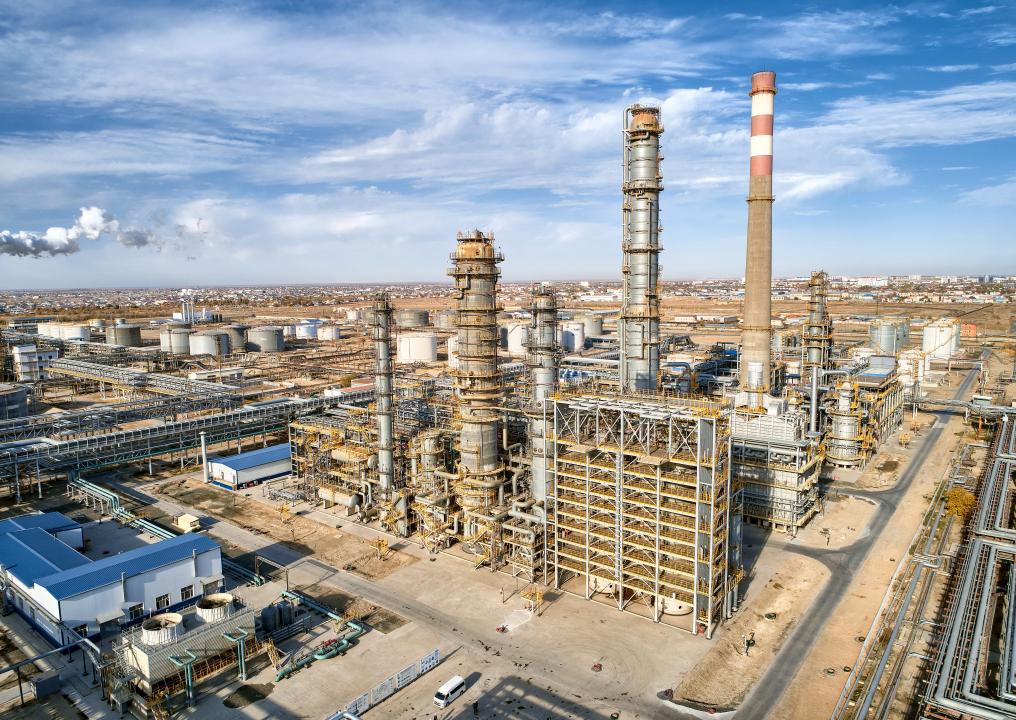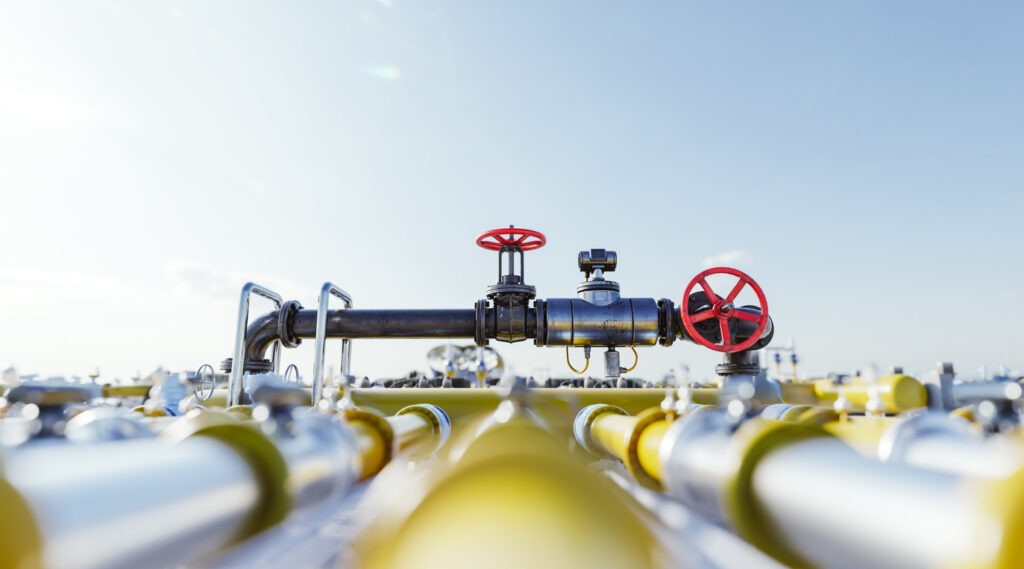NUR-SULTAN (TCA) — Economic growth in Kazakhstan remained robust in the first half of 2019, despite a slowdown in oil production driven by capital repairs in major fields, while a strong pick-up of activity was recorded in manufacturing, services, and construction, an International Monetary Fund (IMF) staff team said in a statement following its visit to Kazakhstan during July 9-16 to review the country’s developments, prospects, risks, and policies.
Inflation stood at 5.4 percent in June, higher than in previous months, but still within the National Bank of Kazakhstan’s (NBK) 4-6 percent target band. Higher exports and lower FDI-related income payments supported the external current account, which posted a Q1 surplus, the statement said. Outflows related to government and quasi-sovereign debt repayments and portfolio investments caused NBK reserves to decline in Q1; they recovered partially in Q2. In the absence of shocks, the IMF team projects growth of 3.8 percent in 2019 and slightly higher next year, with recovery in the oil sector. Risks to the outlook stem from commodity prices and geopolitical and trade tensions involving major trading partners.
The Kazakh currency, the tenge, has been broadly stable, supported by favorable external conditions, although there have been occasional short-term pressures. The NBK cut the policy rate in April and left it unchanged in June and July. Credit to the economy has continued to decline, reflecting loan write-offs and weak demand by corporate borrowers. Household credit has grown steadily.
The IMF team said that price stability should remain the main focus of monetary policy, especially in the face of rising demand pressures fueled by recent increases of wages and social payments. Further efforts are needed to improve the effectiveness of monetary policy transmission, including phasing out distortionary state financing programs. Subsidized lending support to SMEs and households should come from the budget and not the NBK or pension fund, and in the view of the IMF staff, should be scaled back. Adoption of a new program to provide debt relief to disadvantaged borrowers could be beneficial but may also lead to demands for further support. The NBK is rightly monitoring the growth of retail lending and assessing possible prudential measures.
Despite state support, Kazakhstan’s banking sector remains weak, with high levels of bad loans. The plan to conduct an external asset quality review (AQR) of medium and large banks is commendable and should set the basis for the long-awaited strengthening of the sector, the IMF team said. The AQR may reveal the need for additional capital; any public support should be provided only to systemically-important and viable banks, subject to contributions from existing shareholders, and in the view of the IMF staff, from the budget and not the NBK.
Acceleration of structural reforms is critical for diversification and sustainable, inclusive growth. The IMF team supports priority areas identified during the discussions: increasing competition, productivity, and development of non-extractive sectors, greater regional integration, improving business conditions to encourage entrepreneurship and investment, enhancing the efficiency of public administration and governance, adjusting revenue-sharing arrangements with regional and local governments, and improving health and education policies. Efforts are needed to strengthen protection of property rights and bankruptcy procedures. While small-scale privatization is progressing, a push is needed to advance blue-chip IPOs in oil and gas, telecoms, aviation, energy, and railways.









